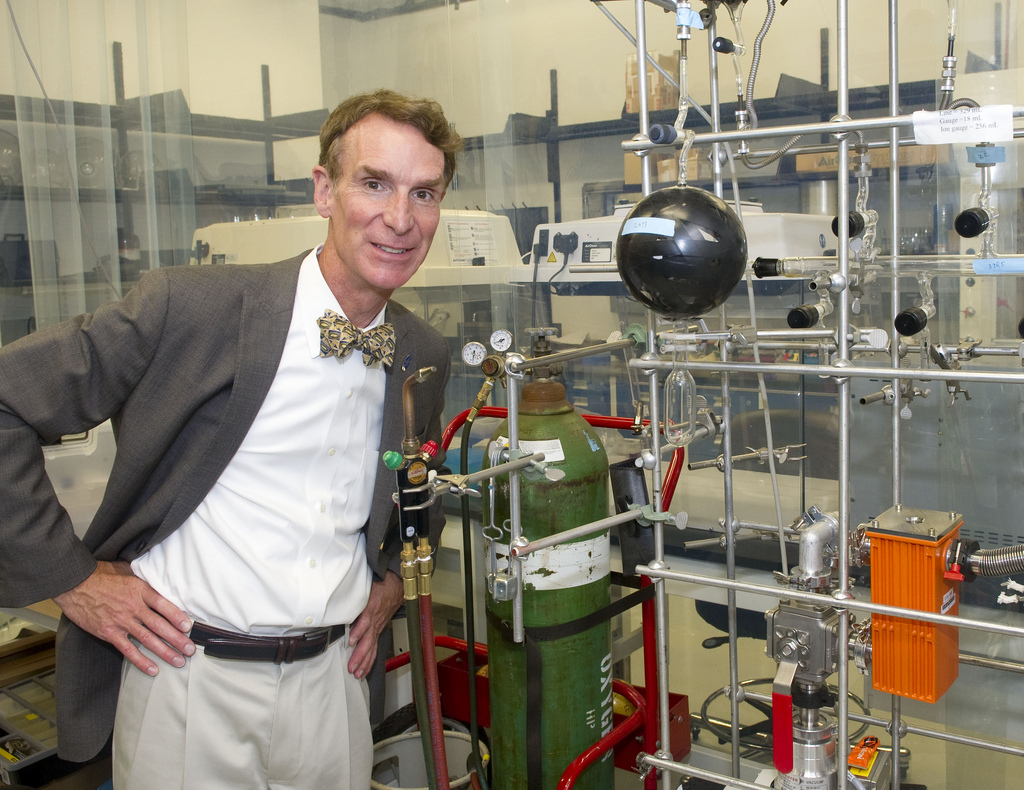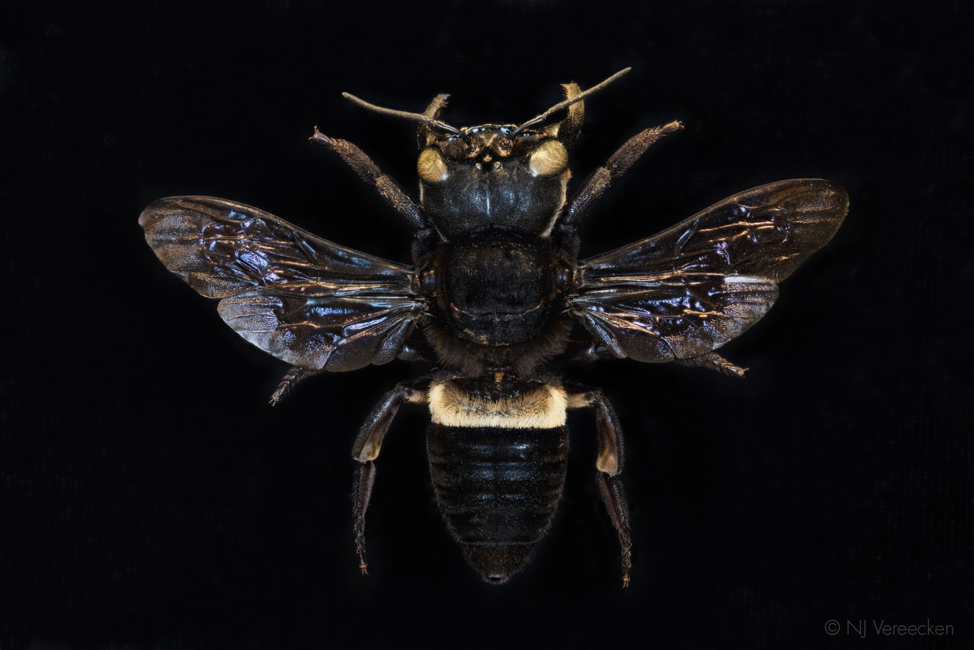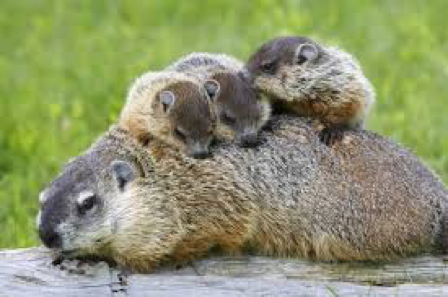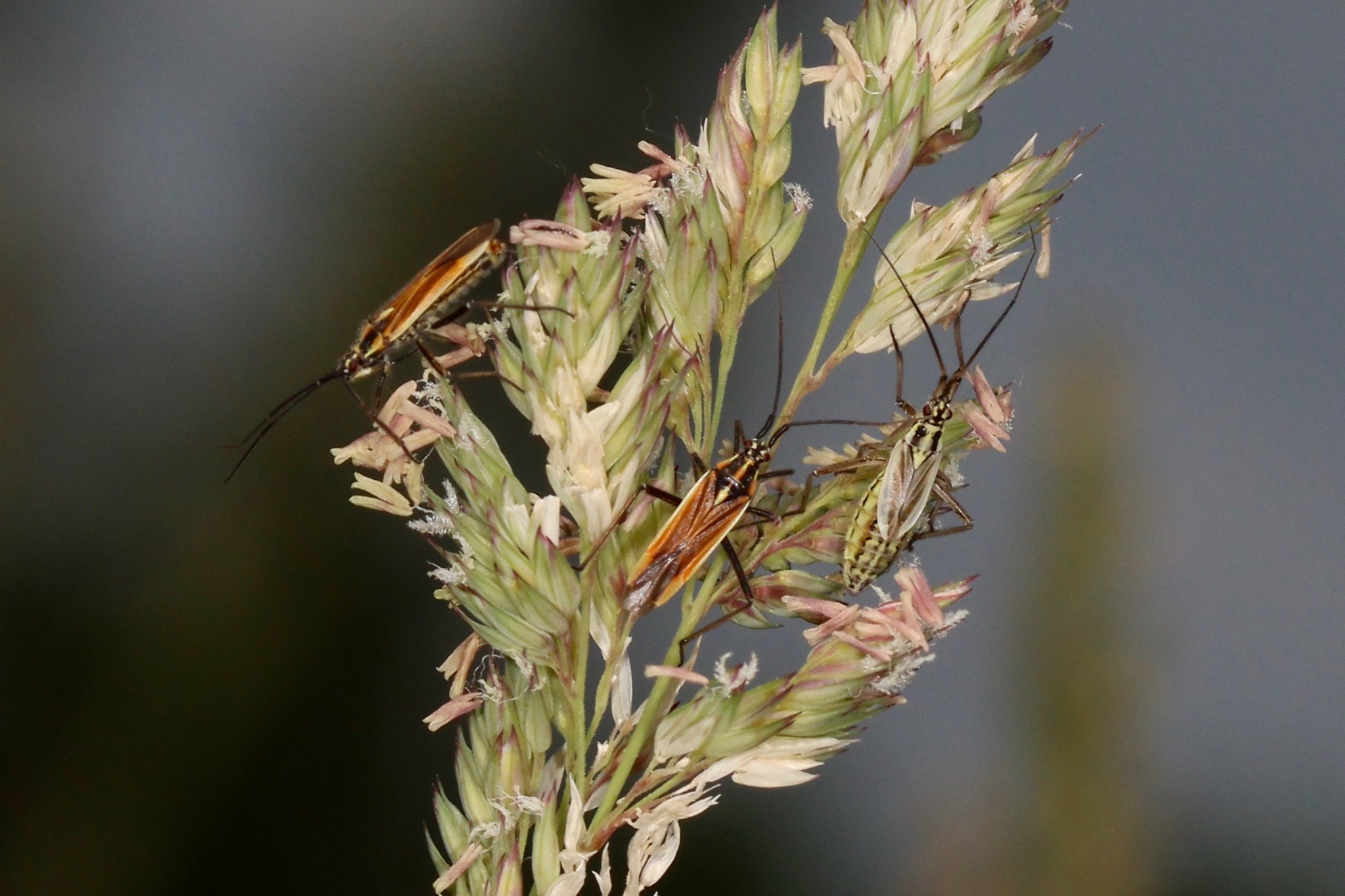How many of you have seen Nova? What about a National Geographic show? Maybe The Magic School Bus? Were you struck with an unquenchable thirst for investigation? Have you ever wanted to be like Bill Nye? The great news is that you can be! I know that a lot of times, on TV, we often see scientists with lots of fancy equipment or cameras. Maybe they are in a lab with row after row of vials on the table in front of them, lab coats gleaming and centrifuges humming. These images can be misleading, though. Not all science requires a pristine lab and expensive tools. Anyone can be a scientist, even without formal training. When someone who doesn’t have a degree in a specific field, like chemistry, biology, sociology or any other -ology, participates in collecting data, they are a CITIZEN SCIENTIST and are doing CITIZEN SCIENCE.
Why is Citizen Science Important?
In any scientific study, the more data you have, the better, or more reliable, your results will be. The problem is that a researcher investigating a specific question, let’s say: “What types of bugs are found in an urban ecosystem?”, can’t be everywhere at once and even if they could be, there is not unlimited time for them to spend collecting samples or recording measurements. In this example, Citizen Science might look like a researcher getting a group of their friends to go out with them and find some bugs. A researcher might even ask people she doesn’t know to give her a hand collecting data. This allows her to collect way more information than she would be able to on her own, and therefore makes her research more complete.
This is not to say that Citizen Science only matters for the researcher. Citizen Science allows communities to be involved in projects which may affect them. It allows people who are interested in science, but who don’t necessarily want to be a scientist for their job, to be involved in the process of generating knowledge which is then distributed and used by many other people. Citizen Science allows students to test out possible avenues of study before making a big commitment as well. Finally, it is a great way to get outside, explore, and learn some new things about your own environment!
Here is an article about the great work citizen scientists have been involved with recently: Sawfly Range Expansion




